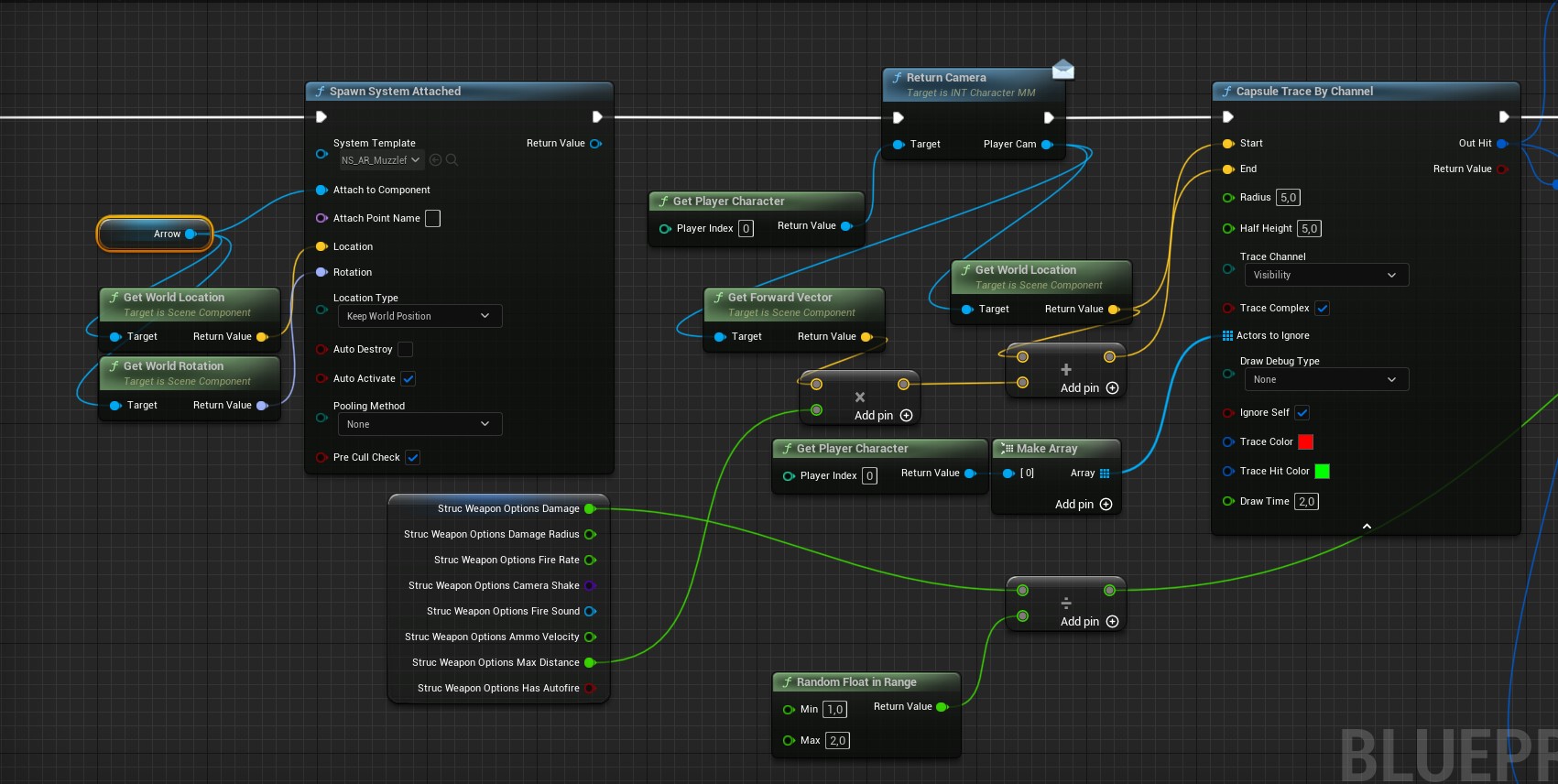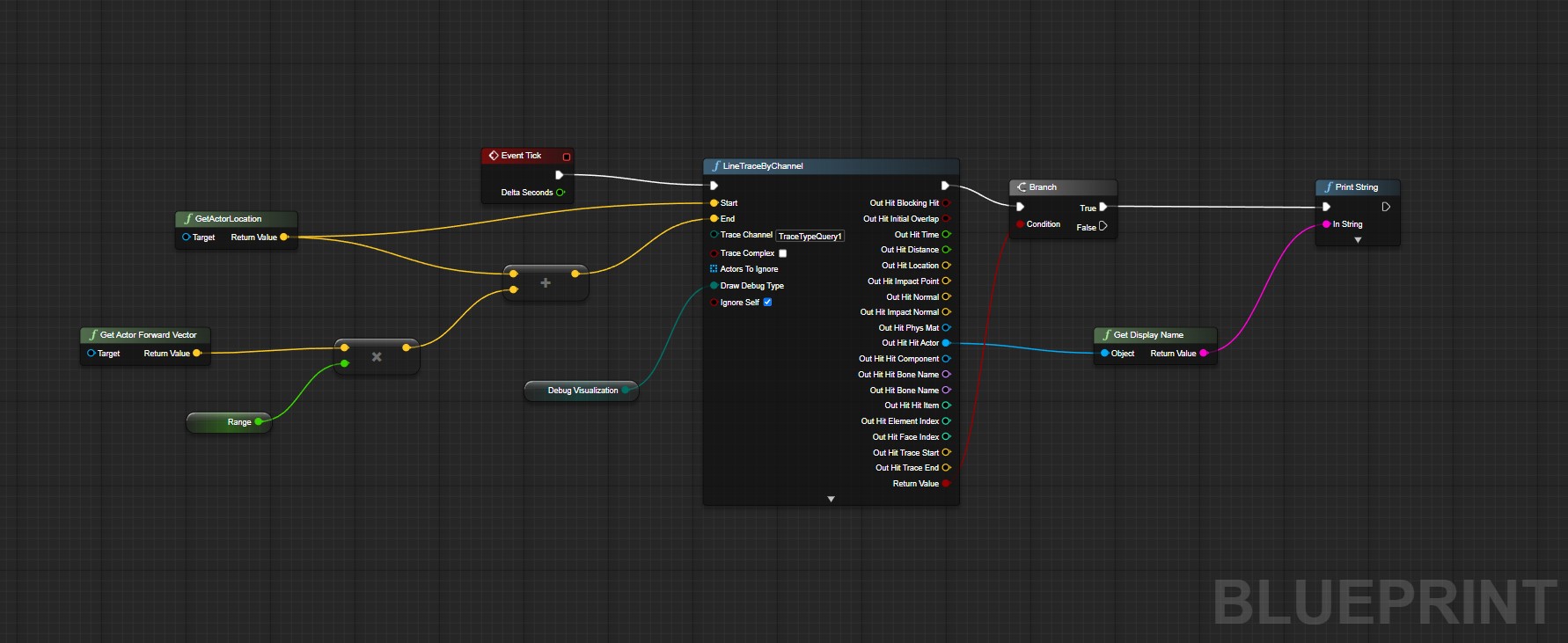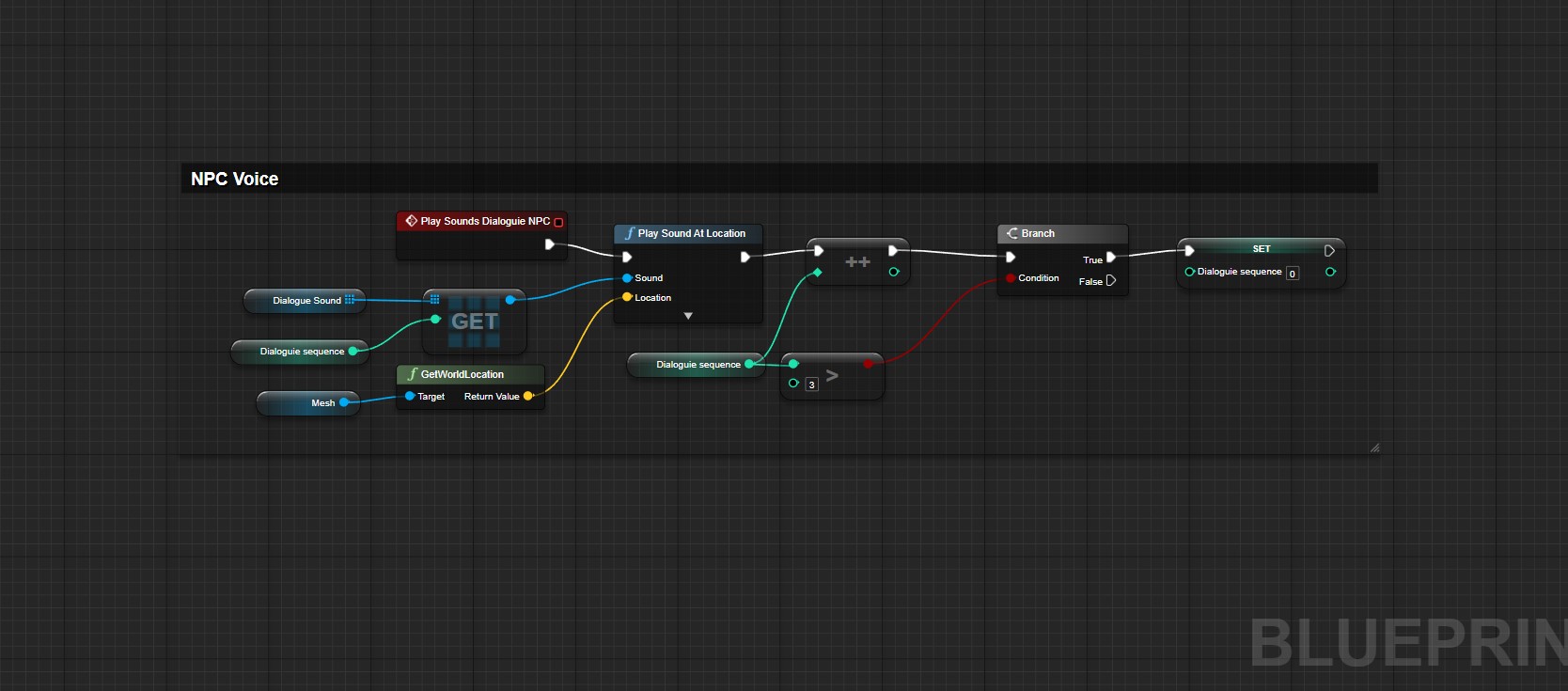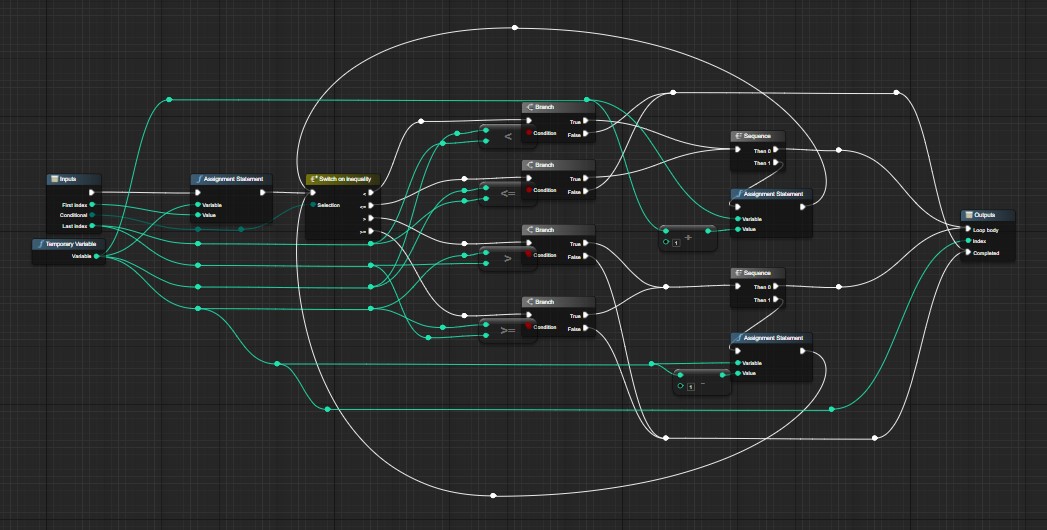In a shocking turn of events that has captured the crypto community’s attention, a decentralized lending protocol operating on Ethereum’s Starknet scaling solution, zkLend, is taking decisive steps to recuperate over $9 million in assets siphoned off in a recent security breach.
The protocol has publicly extended an olive branch to the cyber thief through a post on the social media platform X. zkLend’s unconventional offer proposes allowing the hacker to retain 10% of the stolen assets as a “whitehat” bounty, in exchange for returning the remaining 90%—equivalent to approximately 3,300 ETH—to a specified Ethereum address.
### Direct Appeal to the Hacker
In a bold and direct message, zkLend acknowledges the hack, urging the perpetrator to return the bulk of the stolen funds and promising relinquishment of any legal liabilities upon compliance. The protocol has made it clear that they are prepared to pursue legal action if their demands are not met by the set deadline of 00:00 UTC, 14th February 2025.
The hacker’s wallet, conspicuously holding $7,021,001.31 in various crypto assets, including 2,551 ETH, remains under scrutiny. However, zkLend has reinforced its commitment to collaborate with security experts and law enforcement agencies in tracking and prosecuting the hacker should they fail to respond favorably to the bounty offer.
### Community and Industry Reactions
This incident once again shines a spotlight on the perpetual security challenges faced by DeFi platforms within the blockchain sphere. Community members and industry experts are closely watching this developing story, pondering the impact of such breaches on overall trust and security perceptions in decentralized finance operations.
zkLend’s approach to resolving this breach also raises questions about the potential normalization of bounty offerings in crypto-related security breaches, pivoting towards a collaborative rather than combative resolution tactic within the community.
### Conclusion
As deadlines loom, the crypto world awaits with bated breath to see if this unorthodox plea will successfully reclaim the pilfered assets or set a precedent for future cybersecurity negotiations. Stakeholders continue to monitor updates closely, hoping for a resolution that favors the continued growth and stability of the DeFi ecosystem. Will whitehat incentives become a new norm, or is this just a desperate bid in an evolving industry grappling with unparalleled security challenges? Only time will tell.



















































